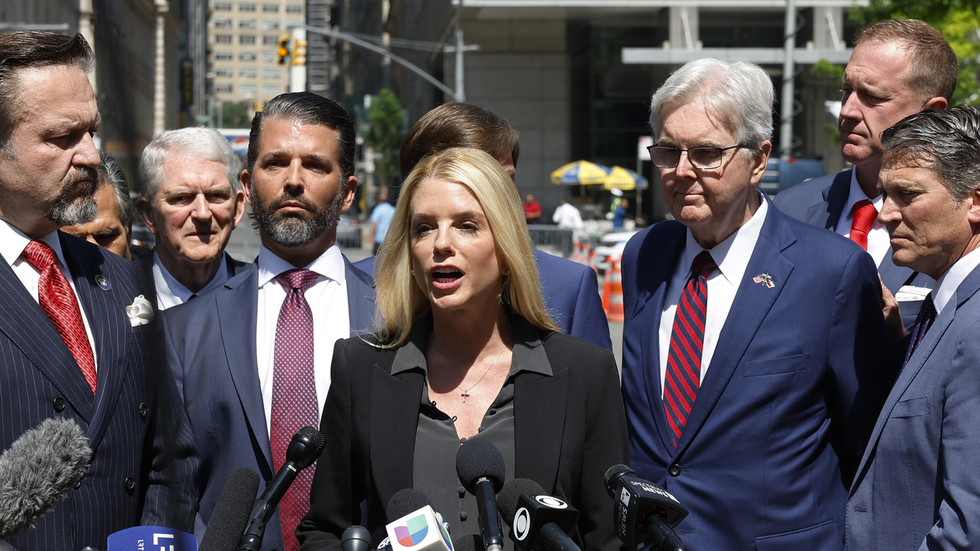We’ve all seen it: Loved ones you had deep connections with for decades suddenly carry a scowl when they see you.
People choose to terminate their association with you based on your political affiliation.
Too many of us, myself included, have had relationships, even with loved ones, torn apart because of our political stances.
Yet some people eventually seek a pathway for reunification. This Thanksgiving, you may be faced with such a person at the dinner table and unsure how to approach resolving your fractured relationship.
Can — should — we forgive them for breaking our hearts?
It certainly can be worth the try.
True, it’s not just that they ended the relationship, but how and why they did.
They may have acted like petulant children, slandered our reputations, framed us as closed-minded monsters while refusing to hear our political perspectives.
They may have seemed ecstatic to burn bridges, smiling like sinister pyromaniacs as our relationships billowed up into a cloud of dark smoke.
You want to give thanks for what you have on Thanksgiving, but it’s hard when you’re utterly aware of what you lost.
Forgiveness may be the most difficult virtue.
It feels antithetical to give grace to someone you feed doesn’t deserve it — but the gut instinct to remain in rage only eats at the soul.
If you stay angry at former friends or family over dumb political disagreements, you’ll ultimately hurt yourself, as well as them.
That’s because forgiveness is a gift you hand yourself. It’s a way to let go of blind anger and grievances.
Forgiveness provides an opportunity to stand virtuously upright instead of remaining held down by hatred.
Consider, too, that we often focus on how we’ve been hurt — yet forget how we may have also been the perpetrators of pain. And that someone in your life may have forgiven you for your sinful deeds.
How can you be truly thankful for the grace shown you if you don’t do likewise for others?
COVID mania and the hysterical anti-Trump propaganda elevated emotions. Many felt forced forced to re-evaluate relations with family and friends with opposing views.
I’ve tried to see it from their perspective: If multiple sources I trusted were telling me daily that one man is beyond evil, if every one of that man’s actions was constantly framed as that of a second Hitler, I too might question the motives of those who support him, even people who are otherwise close to you.
Though I don’t agree with these people, I’m sympathetic to the many Americans who were maliciously propagandized and had their emotional buttons pressed for power or profit.
But truth is, we don’t need a president or any other politician to issue a call for unity: We have the power to do it on our own.
It starts with offering forgiveness — and asking to be forgiven, too.
As a Christian, I’m reminded of Luke 23:34, when Jesus uttered the words, “Father forgive them; for they know not what they do.”
If Jesus can express willingness to forgive the people who were executing him, then I can forgive friends who discarded me for questioning mainstream COVID narratives, or who denounced me for voting for a man they hated and feared.
Thanksgiving is a perfect time to do so.
It’s a time for giving thanks for our blessings but also to reflect on how we treat each other.
The political climate has been immensely poisonous in recent years, so why not take this holiday to analyze our own contribution to the breakdown of our country’s discourse?
And, perhaps, those you forgive will forgive you in turn, for dismissing their concerns for the country and not giving them a break for, say, how stressed they were during the pandemic.
There is nothing beneficial about holding on to that hurt — and something wonderful about letting it go.
This Thanksgiving, give yourself that gift.
Adam B. Coleman is the author of “Black Victim to Black Victor” and founder of Wrong Speak Publishing.

 By New York Post (Opinion) | Created at 2024-11-27 23:22:07 | Updated at 2024-11-28 01:32:06
3 hours ago
By New York Post (Opinion) | Created at 2024-11-27 23:22:07 | Updated at 2024-11-28 01:32:06
3 hours ago








